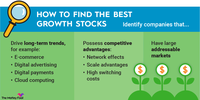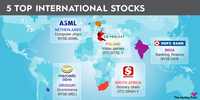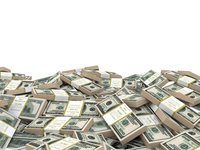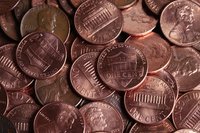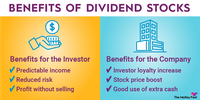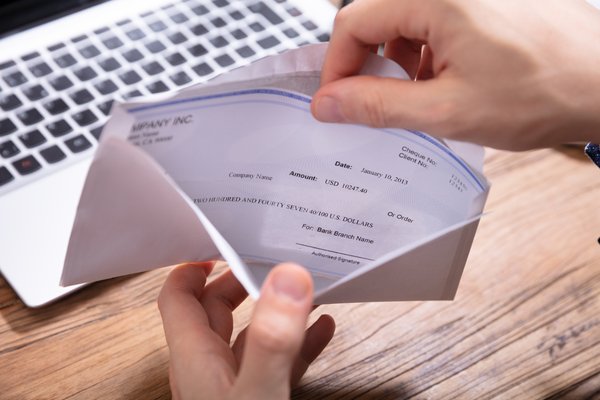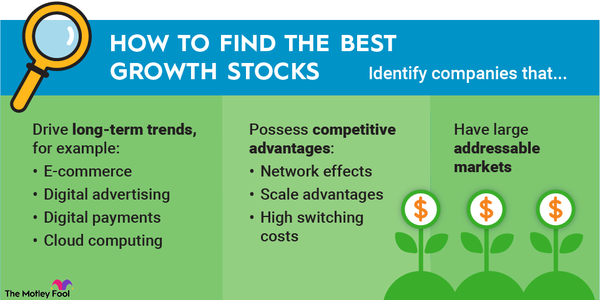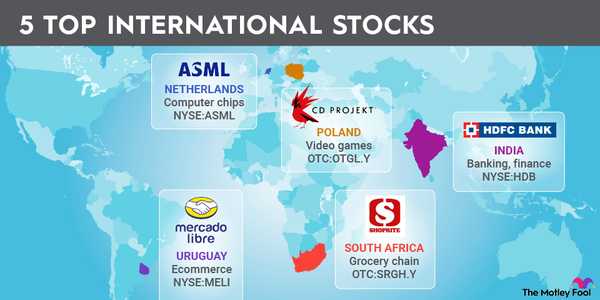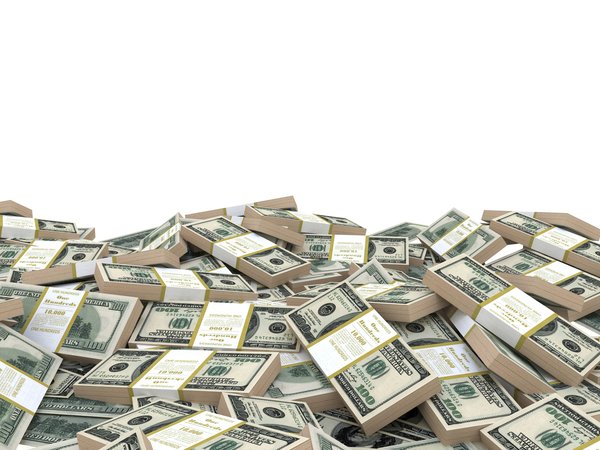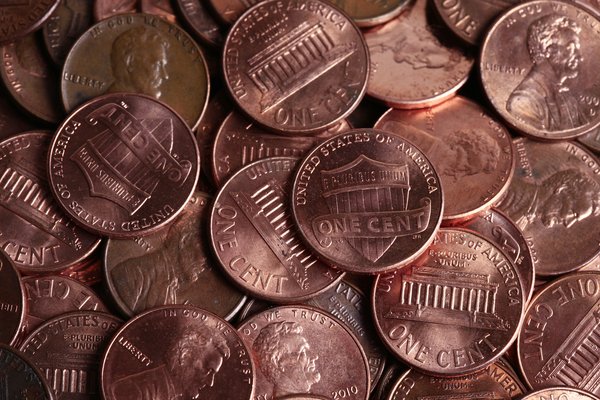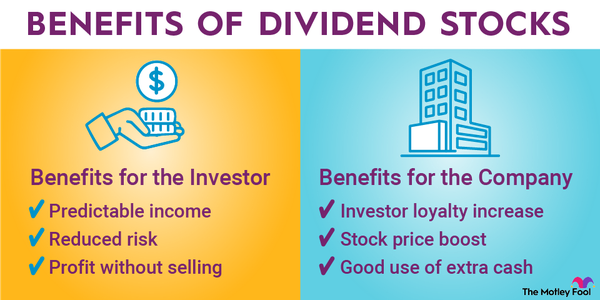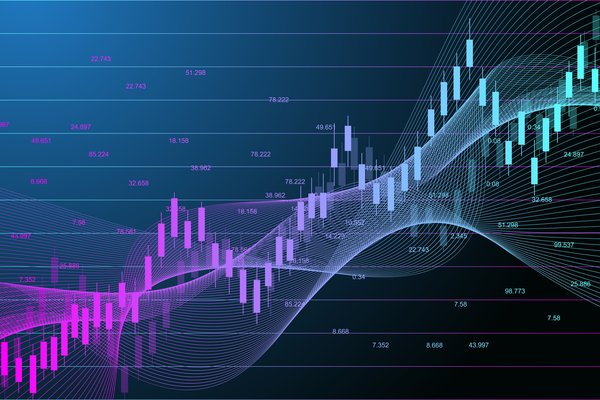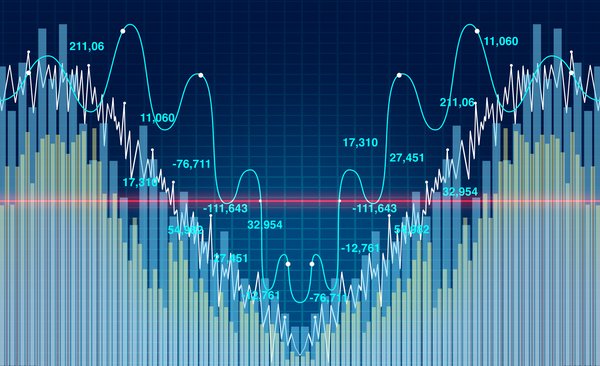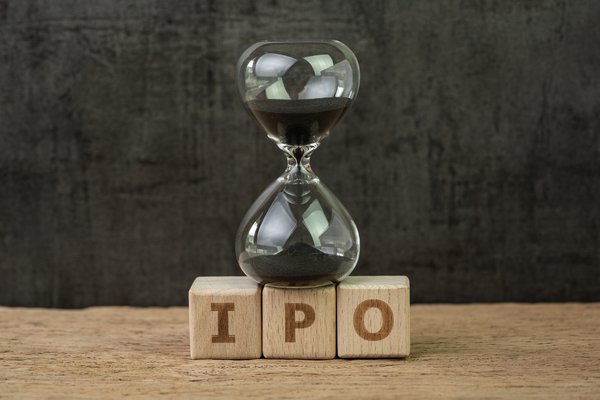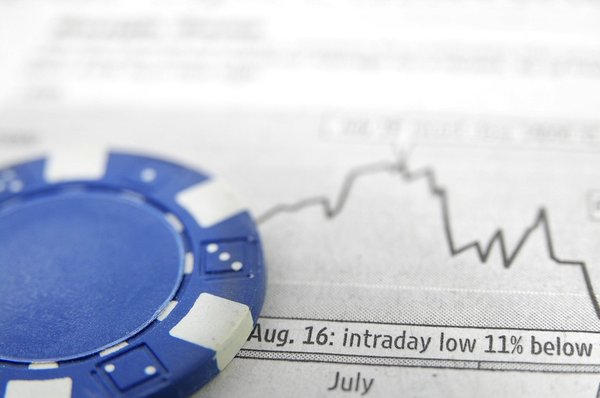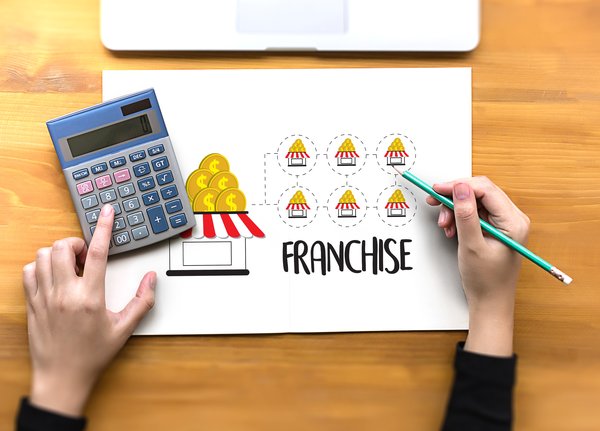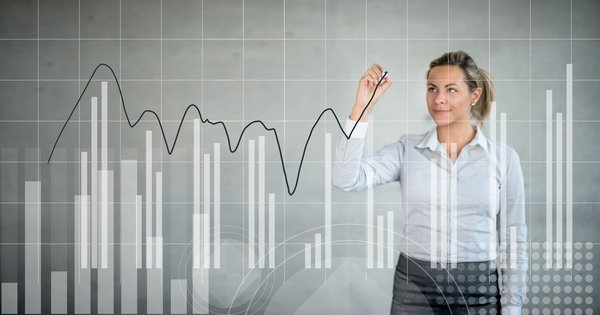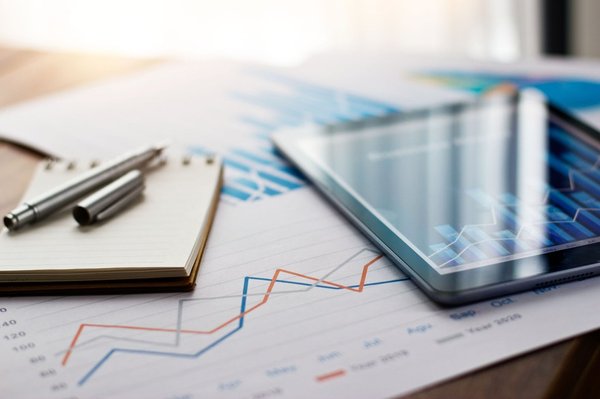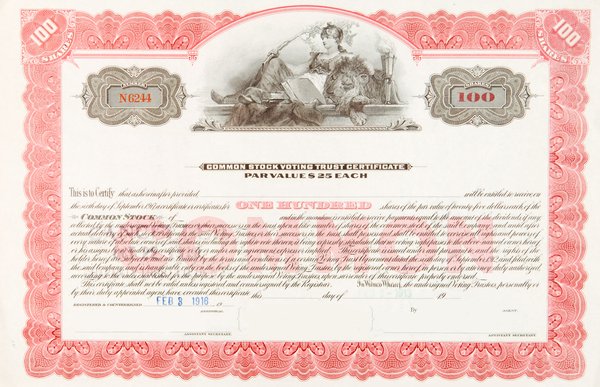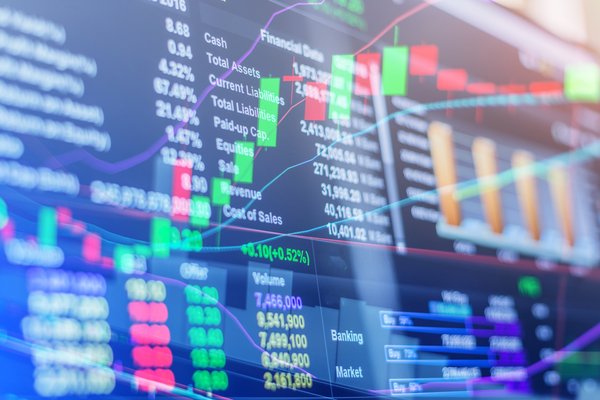Although we all might love the idea of investing in risk-free stocks, there's no such thing as a stock that's 100% safe. Even the best companies can face unexpected trouble, and it's common for even the most stable corporations to experience significant stock price volatility. We saw this during the early days of the COVID-19 pandemic, when many strong companies experienced dramatic drops in stock price. We’ve also seen it last into 2023 with rising interest rates, inflation, and continued international conflict.
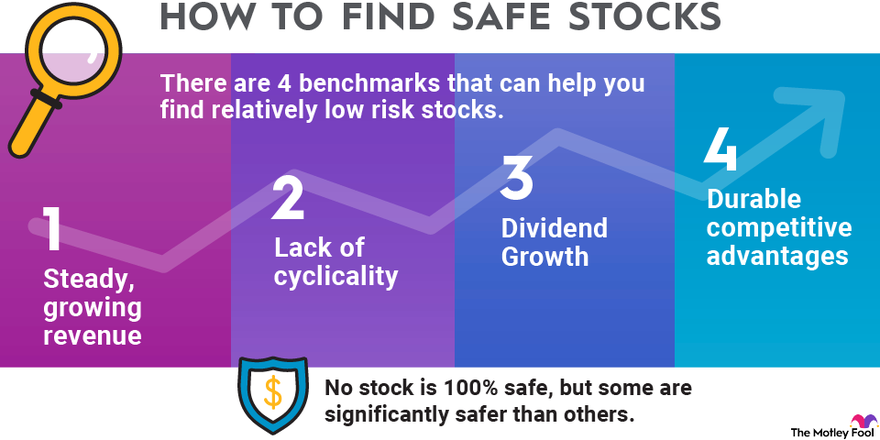
Despite what you might read on social media, stocks that never go down don't exist. If you want a completely safe investment with no chance you'll lose money, Treasury securities or certificates of deposit (CDs) may be your best bet.
Still, some stocks are significantly safer than others. If a company is in good financial shape, has pricing power over its rivals, and sells products that people buy even during deep recessions, it’s likely a relatively safe investment.
Certificate of Deposit (CD)
Best safe stocks to buy
Best safe stocks to buy in 2024
What is the safest investment you can make in the stock market? There's no perfect answer to this, but we can identify some excellent companies with potential for little volatility and excellent returns. Here are seven safe long-term stocks that should deliver strong returns over time:
Dividend Aristocrats® (the term Dividend Aristocrats® is a registered trademark of Standard & Poor’s Financial Services LLC), which are companies that have increased dividends for at least 25 consecutive years, are considered safe stocks.
1. Berkshire Hathaway
1. Berkshire Hathaway
Berkshire Hathaway (BRK.A -0.76%)(BRK.B -0.69%) is a conglomerate that owns a collection of about 60 subsidiary businesses, including auto insurance giant GEICO, rail transport business BNSF, and battery manufacturer Duracell. Many (like these three) are noncyclical businesses that generally do well in any economic climate.
Berkshire also owns a massive stock portfolio with large positions in massive and mature businesses such as Apple (AAPL -0.35%), Bank of America (BAC -0.21%), Coca-Cola (KO 0.0%), and many more. In a nutshell, owning Berkshire is like owning many different investments in a single stock. Most of the stocks were selected by CEO Warren Buffett, one of the greatest investors of all time.
Because of the diversified nature of its businesses, Berkshire can be a great choice if you're looking for safe stocks for beginners. It's like buying a diverse portfolio in a single investment.
2. The Walt Disney Company
2. The Walt Disney Company
Most people know Disney (DIS -0.04%) for its theme parks, movie franchises, and characters, but there's much more to this entertainment giant. Disney also owns a massive cruise line, the Pixar, Marvel, and Lucasfilm movie studios, the ABC and ESPN television networks, and the Hulu, ESPN+, and Disney+ streaming services.
Its theme parks have tremendous pricing power and do well in most economic climates. Disney's movie franchises are among the most valuable in the world, and its streaming businesses are producing a large (and rapidly growing) stream of recurring revenue.
Disney was not immune from the COVID-19 pandemic. The company experienced major revenue declines due to the temporary shuttering of Disney theme parks, its cruise line, and movie theaters.
Despite the challenges, Disney’s business has been resilient on the strength of the Disney+ streaming business and the company’s renewed focus on its direct-to-consumer strategy. Plus, the strong demand for Disney's theme parks even as many consumers are cutting back on spending shows the strength of its business.
3. Vanguard High-Dividend Yield ETF
3. Vanguard High-Dividend Yield ETF
Dividends are a good indicator of a company's stability. What’s more, dividend-paying stocks tend to be more stable during tough times than stocks that don’t pay dividends.
The Vanguard High Dividend Yield ETF (VYM -0.2%) is an exchange-traded fund that invests in a portfolio of stocks paying above-average dividends. Top holdings include Johnson & Johnson (JNJ -0.46%), JPMorgan Chase (JPM 0.06%), Home Depot (HD 0.94%), and Exxon Mobil (XOM -2.78%), but the fund invests in more than 400 stocks.
4. Procter & Gamble
4. Procter & Gamble
Procter & Gamble (PG -0.78%) makes products people need in any economic environment. P&G is the parent company behind brands of household staples such as Pampers, Downy, Tide, Charmin, Gillette, Old Spice, and Febreze.
To give you an idea of how steady and consistent Procter & Gamble's business has been over time, consider that the company has increased its dividend for 67 consecutive years. That’s one of the best dividend histories in the entire stock market.
5. Vanguard Real Estate Index Fund
5. Vanguard Real Estate Index Fund
Real estate is an example of an asset that tends to produce excellent long-term growth without too much risk. Real estate investment trusts (REITs) allow investors to gain portfolio exposure to commercial properties such as office buildings, malls, and apartment buildings.
The Vanguard Real Estate Index Fund (VNQ 0.05%) invests in a diverse variety of real estate stocks, pays an above-average dividend yield, and could be a low-risk but high-potential investment opportunity.
To be sure, REITs aren't immune to short-term volatility, and that's especially true when interest rates are rising rapidly (as we've seen in 2022 and 2023). But the long-term investment thesis is sound, and the safety of real estate is intact, especially when you’re investing in a diverse index fund like this one.
6. Starbucks
6. Starbucks
You’d be hard-pressed to find a brand with a bigger competitive advantage than Starbucks (SBUX 0.47%). Its trusted brand gives the company pricing power over rivals, and its massive scale gives it efficiency advantages, too. Starbucks can charge more money while benefiting from the cost advantages that come with being such a large company.
Starbucks continues to increase its footprint and revenue year after year. It's tough to imagine a world where Starbucks isn't the go-to destination for higher-end coffee drinks. Even when the COVID-19 pandemic forced Starbucks to close its inside seating areas, consumers still flocked to Starbucks drive-thru lines to pick up their favorite beverages.
7. Apple
7. Apple
Apple (AAPL -0.35%) has the durable advantage of having both an extremely loyal customer base and an ecosystem of products designed to work best in conjunction with each other. iPhone and Mac users tend to remain iPhone and Mac users.
It's no secret that Apple products cost significantly more than comparably equipped phones, computers, and tablets from rivals -- a sign of Apple’s tremendous pricing power. Apple's sales could be rather cyclical, meaning that they can rise and fall a bit with the strength of the economy, but this is a durable brand with an extremely loyal customer base.
How to find safe companies
How to find safe companies to invest in
Although no stock is perfect, you can certainly set yourself up with a portfolio of relatively safe stocks if you incorporate a few guidelines into your stock analysis.
If safety is a priority, consider these five benchmarks:
- Steady, growing revenue: Look for companies that increase their revenue steadily year after year. Erratic revenue tends to correlate with erratic stock prices; consistent revenue is more common among stocks with less volatility.
- Free cash flow: This is the money that's left after a company pays its operating costs. If you're looking for a green light that a business is sustainable, pay attention when you see it reporting positive free cash flow.
- Lack of cyclicality: Cyclicality is a word that describes the sensitivity of companies to economic cycles. The economy goes through cycles of expansion and recession, and cyclical companies typically perform well in expansions and less well during recessions. For example, the auto industry is cyclical because people buy fewer new vehicles during recessions. On the other hand, utilities aren't cyclical because people always need electricity and water.
- Dividend growth: A good way to gauge a company's long-term stability is to take a look at its dividend history, if it pays a dividend. If a company has rarely (or never) cut its dividend and has a strong history of increasing its payout, even in tough economies, that’s a great sign. A Dividend Aristocrat® is a stock that has increased its dividends for at least 25 consecutive years, so a list of those stocks would be a good place to start.
- Durable competitive advantages: This could be the most important thing to consider. Competitive advantages come in several forms, such as a well-known brand name, a cost-advantaged manufacturing process, or high barriers to entry in an industry. By identifying competitive advantages, you can find companies likely to maintain or expand their market share over time.
Red flags
Red flags that a stock is not safe
There are also some telltale factors that indicate a stock is a less safe investment:
- Penny stocks: There's no set-in-stone definition of a penny stock, but the term generally refers to stocks that trade for less than $5 per share. Although not all the stocks that meet this description are bad investments, almost all are cheap for a reason. It's a common myth that trading penny stocks is a great way to get rich; it's more likely to have the opposite effect. If you're looking for safe stocks to invest in, steer clear of those with tiny share prices.
- Dividend cuts: If a stock has a frequent history of slashing or suspending its dividend during tough times, it may not be a stable business in all economic climates. If a stock didn't have to halt its dividend during times like the 2008-09 financial crisis or 2020 COVID-19 pandemic lockdowns, that’s a great sign of stability.
- Declining or unstable revenue: Most U.S. companies take a revenue hit in difficult times, but safe stocks will trend back to relative stability over the long term. If a company's revenue is frequently up one year and then down the next, it's tough to make the case that it's a stable business. Consistently declining revenue is an obvious sign of an unsafe stock, but unstable revenue can be just as worrisome.
- High payout ratio: This one applies only to stocks that pay a dividend (some great companies don't). If a company pays a dividend, check out the stock's earnings per share for the past 12 months and compare them to the dividend paid. If the dividend represents a high percentage of the earnings (say, more than 70%), that could be a sign that the dividend isn't sustainable.
The recipe for investing in safe stocks
The recipe for investing in safe stocks
If you're looking to invest in "safe stocks," the above list will get you started. But before you begin, remember two caveats:
First, one of the best ways to make your portfolio safer is to diversify. As previously noted, no stock is completely safe from volatility and competition, so by finding relatively safe stocks and spreading your money across a bunch of them, you're giving yourself much more of a safety net than if you just purchased one or two.
Second, the stocks mentioned here (and any others that seem safe) aren't necessarily “safe” over short periods. Even the best-run companies experience short-term price swings, and this has been especially apparent during the 2022–23 stock market turbulence. Don't worry about stock prices over days or weeks, but keep your focus on companies that are most likely to do well over the long haul. And when it comes to safe, long-term stocks like these, short-term share price weakness can make for excellent buying opportunities.
Essentially, the recipe for safe stock investing is to find stable companies, buy a bunch of their stocks, and hold on for the long haul.


